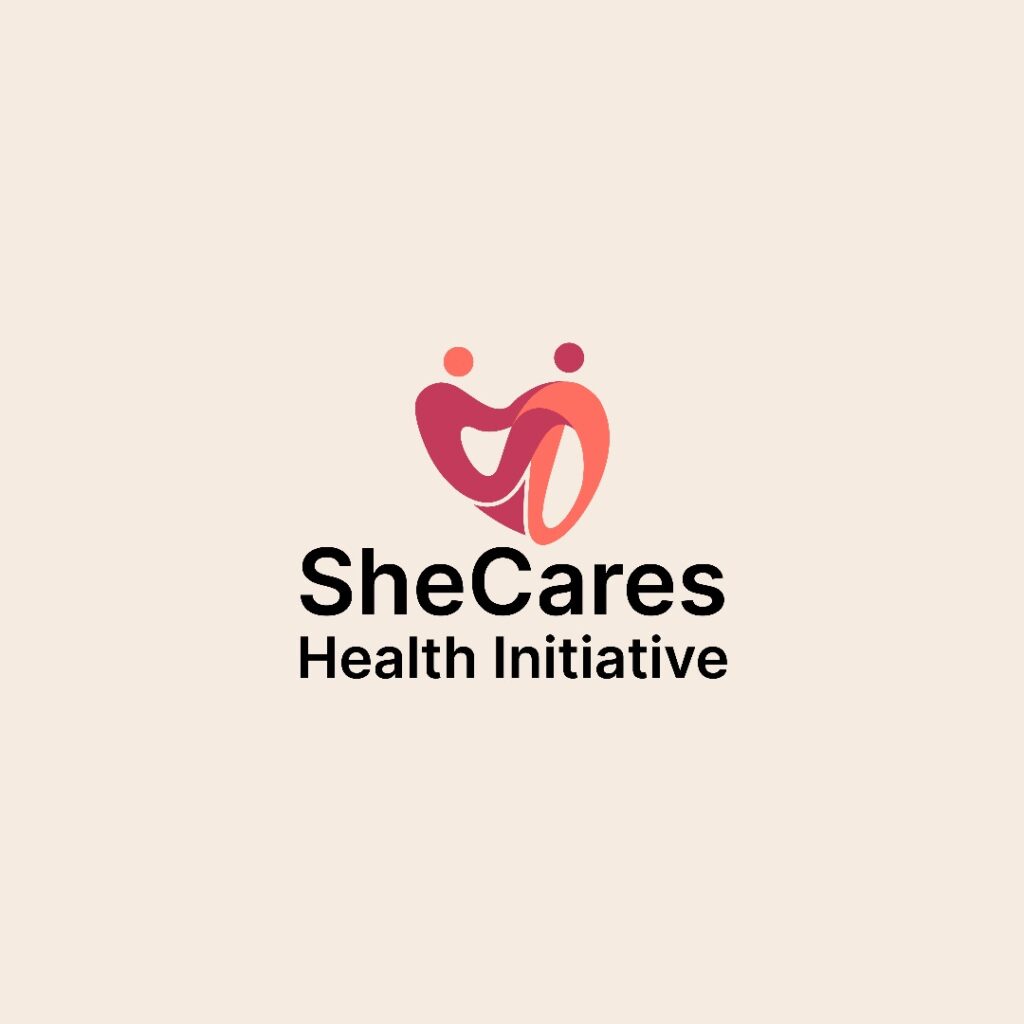Breaking the Silence Around Fibroids: What Every Woman Should Know
Did you know? Up to 70–80% of women develop uterine fibroids by age 50—and African women face some of the highest rates worldwide
The Nigerian Context: Prevalence and Impact
- A 2023 population-based cohort study in central Nigeria found fibroid prevalence at 45% among reproductive-age women using transvaginal ultrasound news.vumc.org+15nature.com+15journals.sagepub.com+15.
- Facility data from southwestern Nigeria report fibroids in 9–14% of women aged 20–60, with increasing rates in women aged 30–39 .
- Research has shown African women, especially Nigerian women, have a 2–4× greater risk than Caucasians—and tend to develop fibroids earlier and more symptomatically
Why Fibroids Deserve Attention
While many fibroids show no symptoms, 20–50% of affected women experience heavy menstrual bleeding, pelvic pain, bladder pressure, and reproductive issues
In Nigeria, fibroids make up between 6–21% of gynecological admissions and surgical procedures—with symptoms including menorrhagia (38%), infertility (34%), and abdominal mass (36%)
What Are the Risk Factors?
Studies point to:
- Age (risk increases after 30, peaking at 35–44 years)
- Family history, estrogen exposure, obesity, and early menarche
- Nulliparity: Women without full-term pregnancies have a higher risk nature.com+1fawco.org+1
- Lifestyle factors: Poor diet (e.g., high red meat, low fruit/vegetable intake), hypertension, and endocrine disruptors may increase fibroid risk
Treatment & Quality of Life
Health impacts range from anemia and urinary issues to infertility and poor mental health. Treatment options include:
- Watchful waiting
- Symptom relief (NSAIDs, iron supplements)
- Hormonal medications
- Myomectomy or uterine artery embolization depending on fertility goalscom+8verywellhealth.com+8en.wikipedia.org+8.
Despite the non-cancerous nature of fibroids, emergency outcomes can occur—as in the case of a Nigerian-American whose anemia led to critical heart stress
How We Can Make a Difference
At SheCares Health Initiative (SHI), we are committed to:
- Raising awareness through community outreaches and education
- Promoting early screening—ultrasound and pelvic exams—to detect fibroids before they escalate
- Connecting women to care in partnership with gynecology professionals
- Reducing stigma: in Lagos, 67% of women believed fibroids had spiritual causes—highlighting a critical need for medical education
Call to Action
If you’re in Asaba, Abakaliki, or anywhere else soon, join SHI by joining our outreach, sharing educational resources, and encouraging women to prioritize their reproductive health.
- Know the signs
- Check in with your doctor
- Advocate for your health or loved ones
Together, we can create a culture of health—where fibroids and other reproductive conditions are recognized, managed, and addressed with empathy and urgency. Join the journey. Follow us @shecareshi to stay connected and informed.
